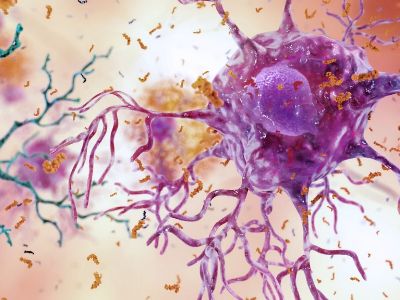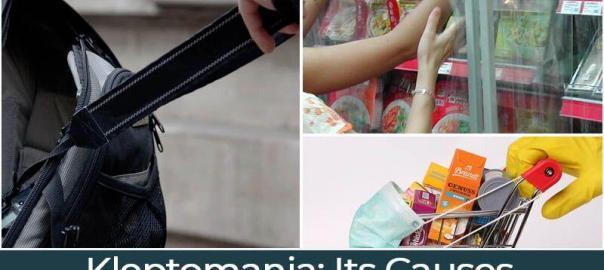Paraphilia is a disorder defined as sexually arousing urges, fantasies, or behaviors that are recurrent, intense, occur over at least 6 months. This disorder may cause significant distress or interfere with important areas of functioning.
The number of people who suffer from paraphilia is difficult to gauge for several reasons. Several people with one of these disorders suffer in secret or silence out of shame, and some engage in sexually offensive behaviors. Therefore, many of the estimates on the prevalence of paraphilic disorders come from the number of people involved with the criminal justice system due to pedophilia.
Causes of Paraphilia

- Imbalance in certain brain chemicals called neurotransmitters may cause compulsive sexual behavior. These are mainly feel-good chemicals that also regulate mood.
- Certain medical conditions like multiple sclerosis, epilepsy, and dementia lead to the person getting obsessed with certain sexual patterns.
- Androgens are sex hormones that are present in men and women and play a role in sexual desire and libido.
- Changes in brain connections may also cause paraphilia. Any activity did repeatedly throughout pleasurable causes changes in the nerve pathways and forms circuits. These slowly become permanent and so does the behavior.
Symptoms of Paraphilia
The sexual stimulant desired by the paraphilia sufferer depends on the specific condition, but the illness generally has very similar characteristics. People with this condition tend to be aroused by stimulants to the exclusion or near exclusion of more common sources of sexual interest, like attractive people of a similar age. Sometimes the intensity of the sexual attraction becomes overwhelming. Symptoms of guilt and fear of punishment are frequently associated with paraphilia due to their unusual or forbidden nature.
Paraphilia can be marked by an obsessive preoccupation that may interfere with a person’s ability to think about other things or engage in more conventional sexual activity with an age-appropriate partner. A paraphilia sufferer may experience depression or anxiety that is temporarily alleviated by engaging in paraphilic behavior, which leads to an addictive cycle.
Diagnosis for Paraphilia
It is best to consult a family physician or psychiatrist who has experience with your issue. Doctors must find out the person’s motive for having a paraphilia and suggest alternate techniques to control the urges and impulses. A good past and personal history, and any past or present medical conditions, should be gathered and recorded.

Treatment and Medications for Paraphilia
Various types of treatment are available, including psychotherapy, medication, and counseling. You should be checked for alcohol or drug abuse or psychiatric conditions like depression or anxiety, and these should be treated accordingly.
Several types of psychotherapy exist, including:
- Psychodynamic psychotherapy (increases insight and awareness)
- Cognitive-behavioral therapy (teaches positive thoughts and actions in place of negative ones)
- Group therapy (people with similar issues share their stories)
- Marriage counseling
Drug treatment includes:
- Anti-depressants
- Anti-androgens that block the release of sex hormones
- Mood stabilizers like lithium and naltrexone that is used to treat alcoholics and block the brain’s pleasure receptors






